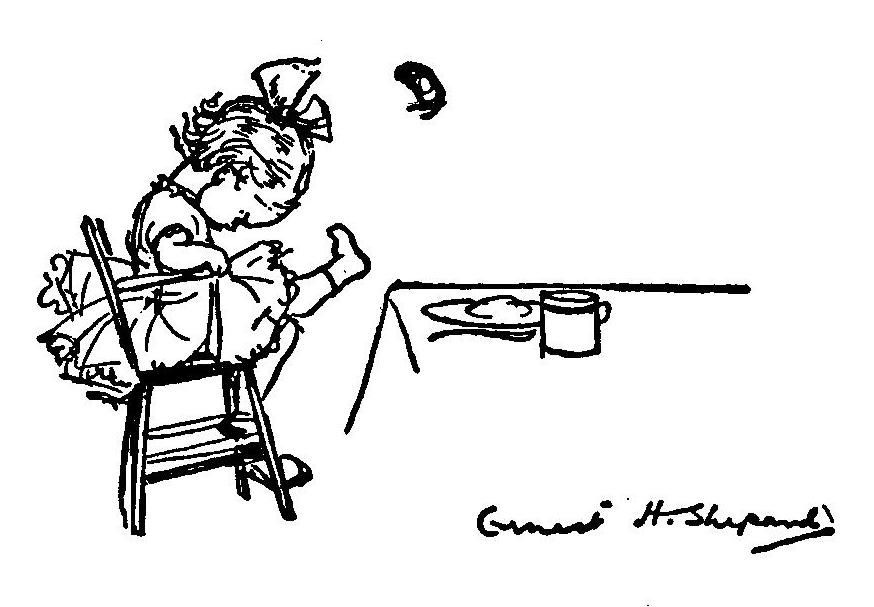Today’s Poem: Rice Pudding
The boneheaded grownup and the mystery of what’s the matter with Mary Jane

Keep reading with a 7-day free trial
Subscribe to Poems Ancient and Modern to keep reading this post and get 7 days of free access to the full post archives.



